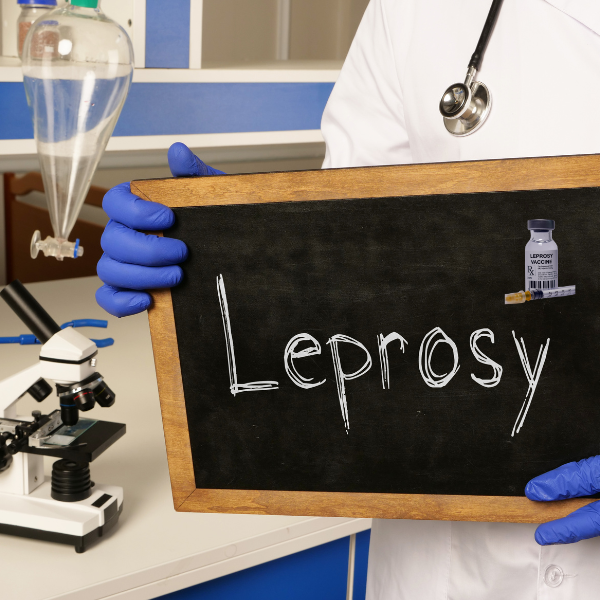Leprosy is a chronic infection caused by the acid-fast, rod-shaped bacillus Mycobacterium leprae. Leprosy can be considered 2 connected diseases that primarily affect superficial tissues, especially the skin and peripheral nerves. Leprosy is suspected to be transmitted via droplets from the nose and mouth after prolonged close contact with someone. [1] Initially, a mycobacterial infection causes a wide array of cellular immune responses. These immunologic events elicit the second part of the disease, peripheral neuropathy, with potentially long-term consequences.
What will i learn?
- N/A
- N/A
-
YouTube Video
Preview 00:11:36
-
Video File
Preview 00:03:56
-
Video URL mp4
Preview 00:00:13
-
Sample Video
Preview 00:07:00
-
Document PDF
Preview .
-
PPT Document
Preview .
-
Docx. Document
Preview .
-
Text Sample
Preview .
-
Sample Image
Preview .
-
Iframe
Preview .
-
Google Drive Video
Preview 00:07:00
-
Quiz 1
0:05:00
-
Vimeo Video Test
Preview 00:01:02
-
Test
0:05:00
-
Test
0:05:00
-
Test
0:05:00


Write a public review